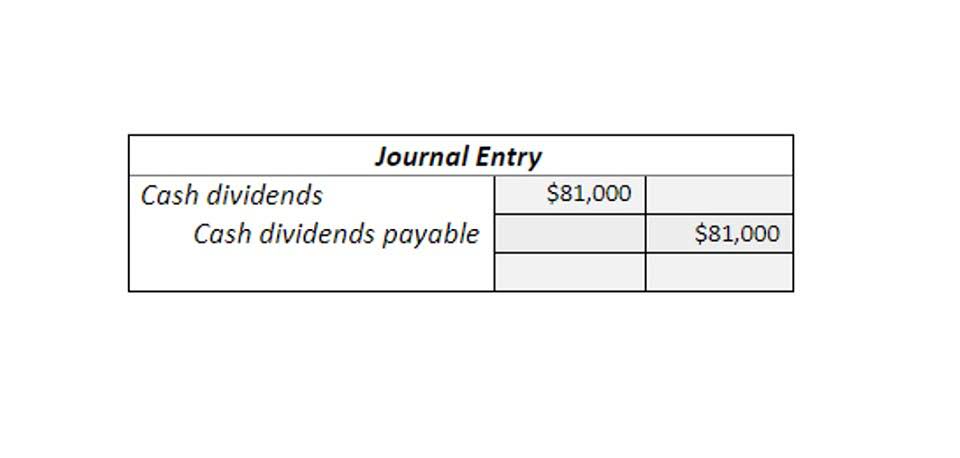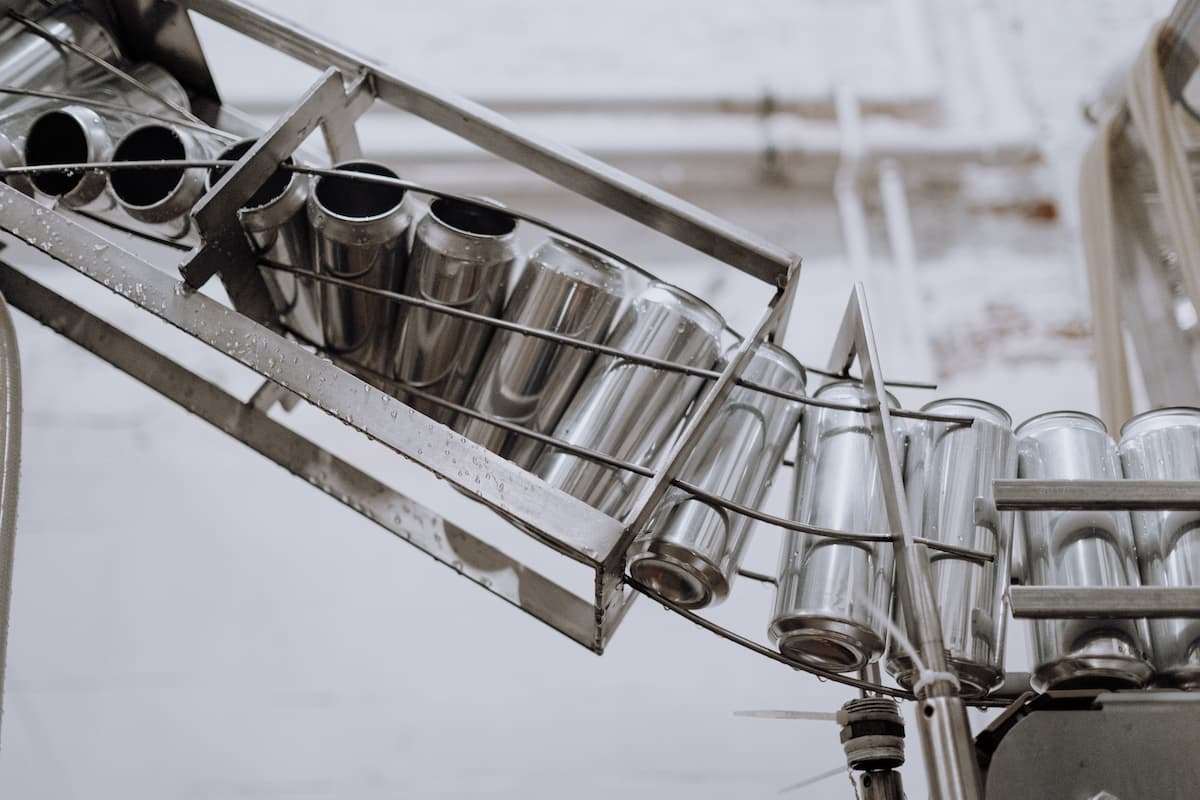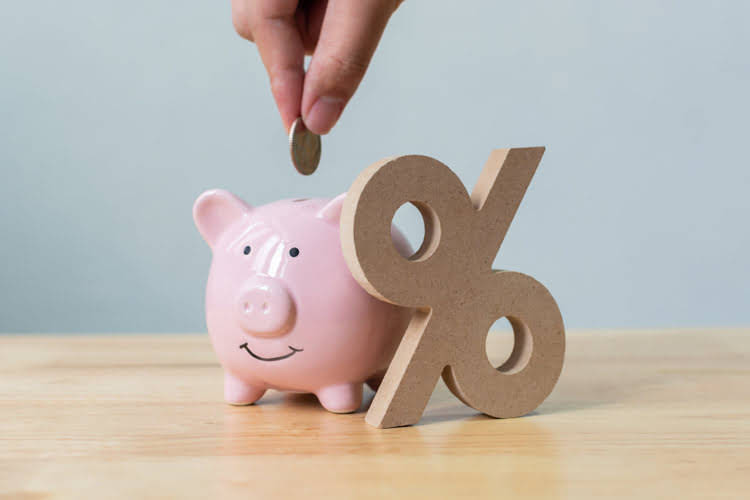Incremental Costing: How to Calculate and Compare the Incremental Costs and Benefits of Different Options

The moment one extra unit produced does not generate the required return, the business needs to modify its production process. The term incremental cost refers to the cost that the business incurs for producing an extra unit. The incremental cost is an important calculation for firms to determine the change in expenses they will incur if they grow their production. These additional charges are reported on the company’s balance sheet and income statement.
Examples of Incremental Revenue
A software development company is https://www.bookstime.com/ deciding whether to invest in upgrading their existing infrastructure. Through incremental cost analysis, they assess the additional expenses of purchasing new hardware, software licenses, and training employees. By comparing these incremental costs with the anticipated benefits of improved efficiency and productivity, they can make an informed decision about the feasibility of the upgrade. Calculating incremental cost is a valuable tool for decision making in various industries.
Incremental cost: How to calculate and use it for decision making
A leveraged buyout (LBO) is a transaction in which a company or business is acquired using a significant amount of borrowed money (leverage) to meet the cost of acquisition. Incremental cost guides you in choosing when to make your product and when to outsource. Often, it is more cost-efficient to outsource from a specialty company instead of doing it from scratch. While the company is able to incremental cost make a profit on this special order, the company must consider the ramifications of operating at full capacity.

Marginal Cost vs. Incremental Cost

Moreover, they also send timely vouchers for the specific products in the cart (Special Accessory / Electronics / Clothing / End of Season Discount Coupons). It would ensure that you buy the product like the once pricey product that seems cheaper after the discount coupon. Incremental analysis is a problem-solving method that applies accounting information—with a focus on costs—to strategic decision-making. If we look at our above example, the primary user is product ‘X’ which was already being manufactured at the plant and utilizing the machinery and equipment. The new product only added some extra cost to define ‘X’ as the primary user and ‘Y’ as the incremental user.
The Value of Calculating Incremental Cost
- This is why incremental cost calculation is essential for decision-makers.
- By comparing the incremental cost with the potential benefits or revenue generated, companies can determine the feasibility and profitability of their decisions.
- The incremental revenue is used to analyze and compare the revenue generated by two different strategies.
- As a result, while both ideas are related to a cost shift, marginal cost relates to both a rise and a decrease in production.
- Analysis of the cost data shows that adding another 500 units will increase total cost to $530,000.
- As technology advances, AI algorithms optimize incremental decisions.
Incremental cost of capital is the weighted-average cost of new debt and equity issuances during a financial reporting period. Companies invest in marketing campaigns to promote their products or services. Incremental costing helps assess the effectiveness of these campaigns.
When examining incremental cost, it is important to consider different perspectives. From a business standpoint, incremental cost can be used to determine the profitability of a new product or service. By comparing the additional costs incurred with the additional revenue generated, businesses can assess whether the venture is financially viable. Incremental cost specifically tells business owners about the worthiness of allocating additional resources for a new production volume. Economies of scale show that companies with efficient and high production capacity can lower their costs, but this is not always the case. Some ventures waste time and resources, and calculating the incremental cost versus projected sales at a particular volume avoids that.

- It covers important and significant costs that have a long-term impact on manufacturing costs and product pricing.
- Incremental Revenue refers to the value of additional revenue of the company during the period under consideration if there is a change in sales quantity.
- They need to assess the additional development costs (coding, testing, and deployment) against the expected benefits (user engagement, retention, and potential revenue).
- Incremental cost, often referred to as “marginal cost,” represents the change in total cost resulting from producing one additional unit of a product or service.
- Suppose a firm has the opportunity to secure a special order if it offers a discounted price per unit.
A baseline revenue level is established, and it is measured based on this baseline revenue. A baseline revenue level is a benchmark to ascertain the budgetary effects of changes income summary in liabilities and revenue. Incremental cost is commonly computed by manufacturing companies as an aid to short-term decision making.
- Profitable business decisions include knowing when is the best opportunity to produce more goods and sell at a lower price.
- Incremental costs are also referred to as the differential costs and they may be the relevant costs for certain short run decisions involving two alternatives.
- Essentially, the incremental cost is largely related to decisions and business decisions.
- It also takes into account sunk, or non-relevant costs, and excludes those from analysis.

The incremental costs will be influenced by variable and fixed costs. A fixed building lease, for example, does not alter in price as output increases. The fixed cost will be reduced in comparison to the cost of each unit made, enhancing your profit margin for that product. A variable cost is a specific material utilized in production because the price increases as you order more. Bulk orders are frequently discounted, introducing a variable into your incremental calculation. Understanding the additional costs of increasing the production of a good is helpful when determining the retail price of the product.

Leave a Reply